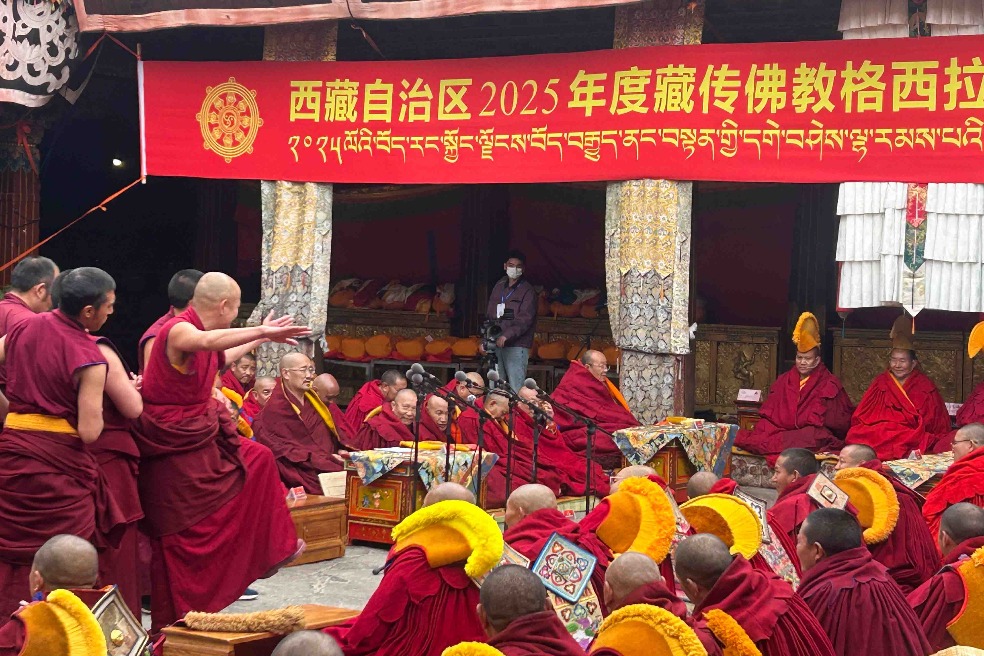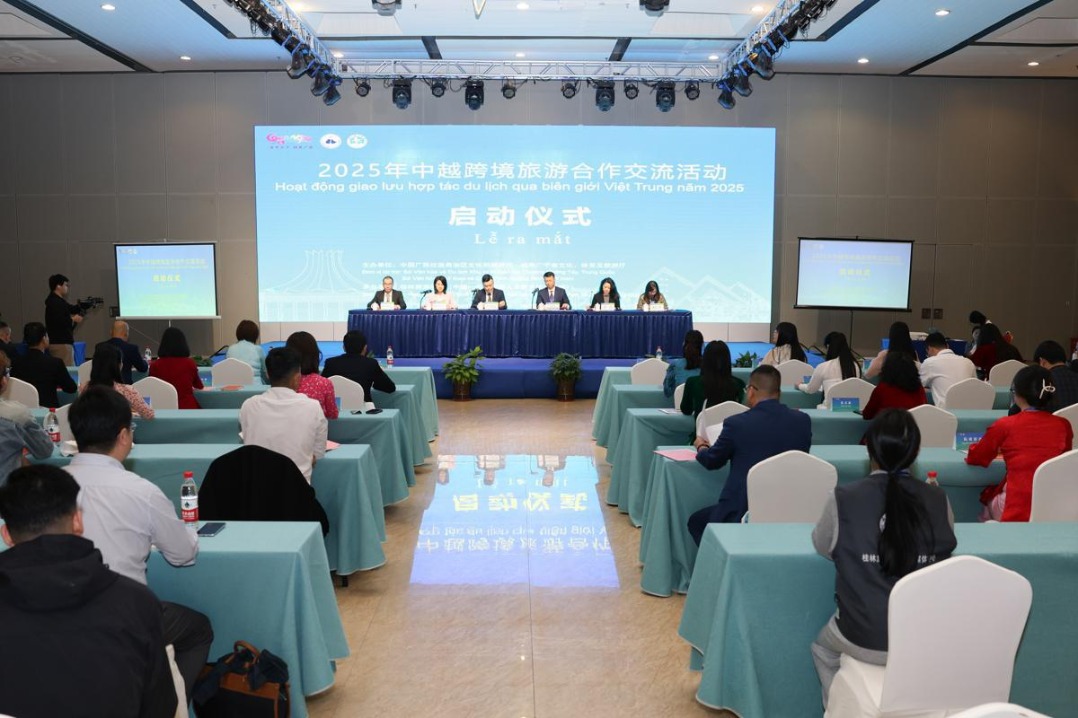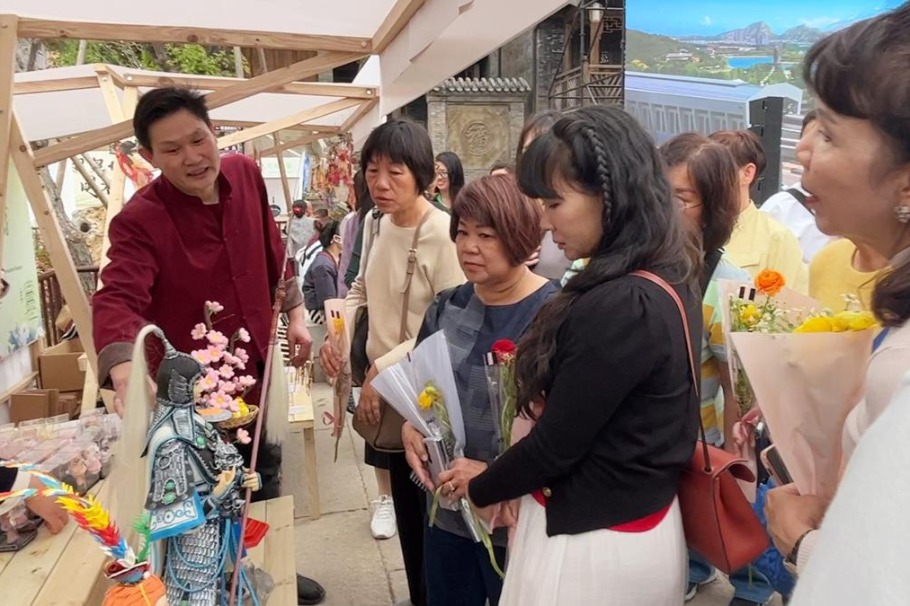Staged scenarios in short videos face scrutiny

China's top internet regulator launched a three-month campaign on Tuesday to crack down on malicious marketing practices in the short video sector.
The Cyberspace Administration of China said the effort will strictly target four categories of misconduct, including staged fake scenarios, the spreading of false information and violations of public order and morality.
The goal is to protect the legitimate rights and interests of netizens and promote the healthy and orderly development of the industry, the administration said in a news release. One focus of the campaign will be creators who stage fake scenarios, such as impersonating vulnerable labor groups like food delivery workers or exploiting public sympathy through so-called "sympathy marketing".
The administration said it will also target those who fabricate elite personas or dramatic life stories to gain attention and profit, as well as creators who write fake tragic scripts under the guise of promoting rural development or poverty alleviation.
Creators who spread false information by exaggerating or fabricating family conflicts, workplace disputes or violent incidents to incite social anxiety and provoke group antagonism will also be penalized.
The administration noted that some users falsely present themselves as experts or impersonate academic or professional institutions in fields such as economics, law, history and medicine to disseminate misleading content.
Content that violates public order and morality is another key target. The administration cited short video creators who harass strangers during outdoor "pickup" or street interviews as an example.
Last week, police in Chengdu, Sichuan province, detained two short video account operators after multiple videos went viral showing men confessing romantic feelings to other men on the Chengdu subway. According to local media outlet cover.cn, authorities found that the creators were not genuinely interested in men and that the content was largely fabricated to generate online traffic.
Police warned that fabricating content for online traffic in ways that violate laws and regulations will be punished.
The cyberspace administration urged platforms to enhance content moderation, improve recommendation algorithms and traffic distribution systems and ensure users have access to clear channels for reporting problematic content.




































